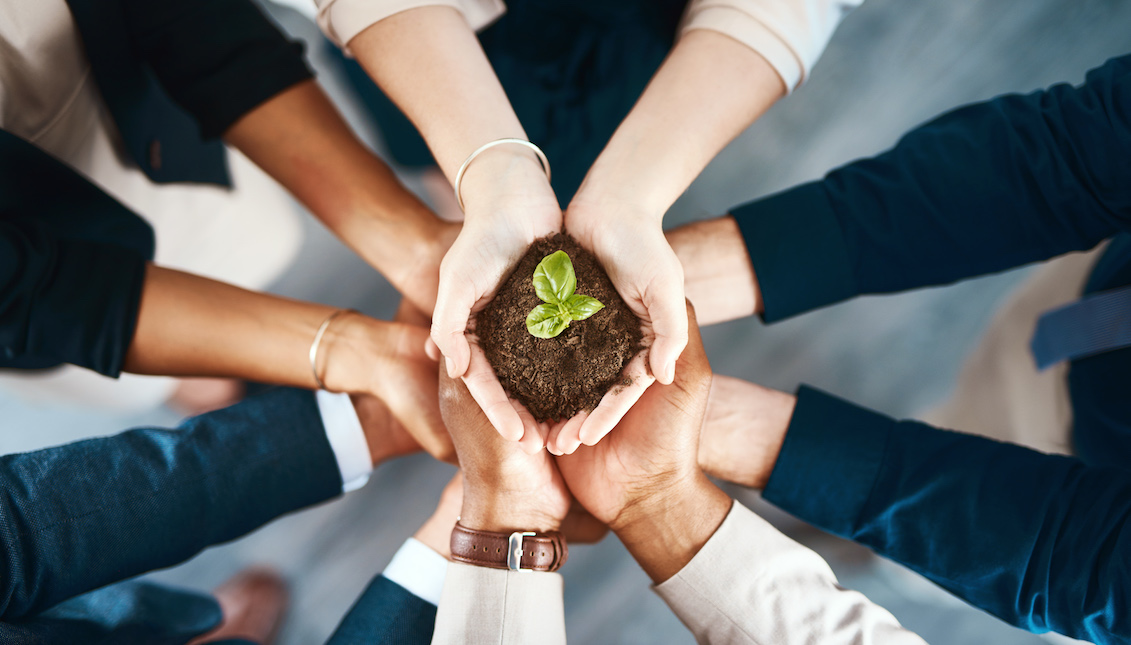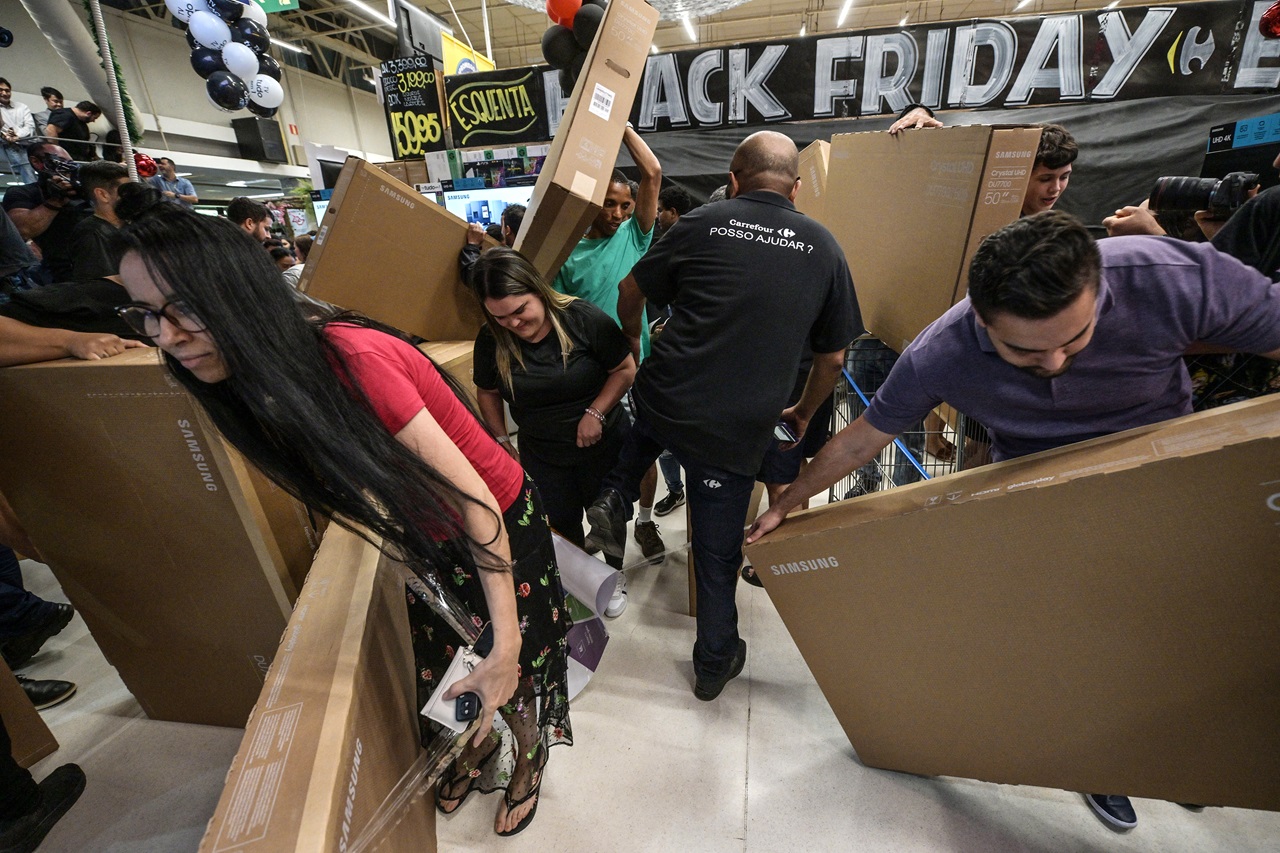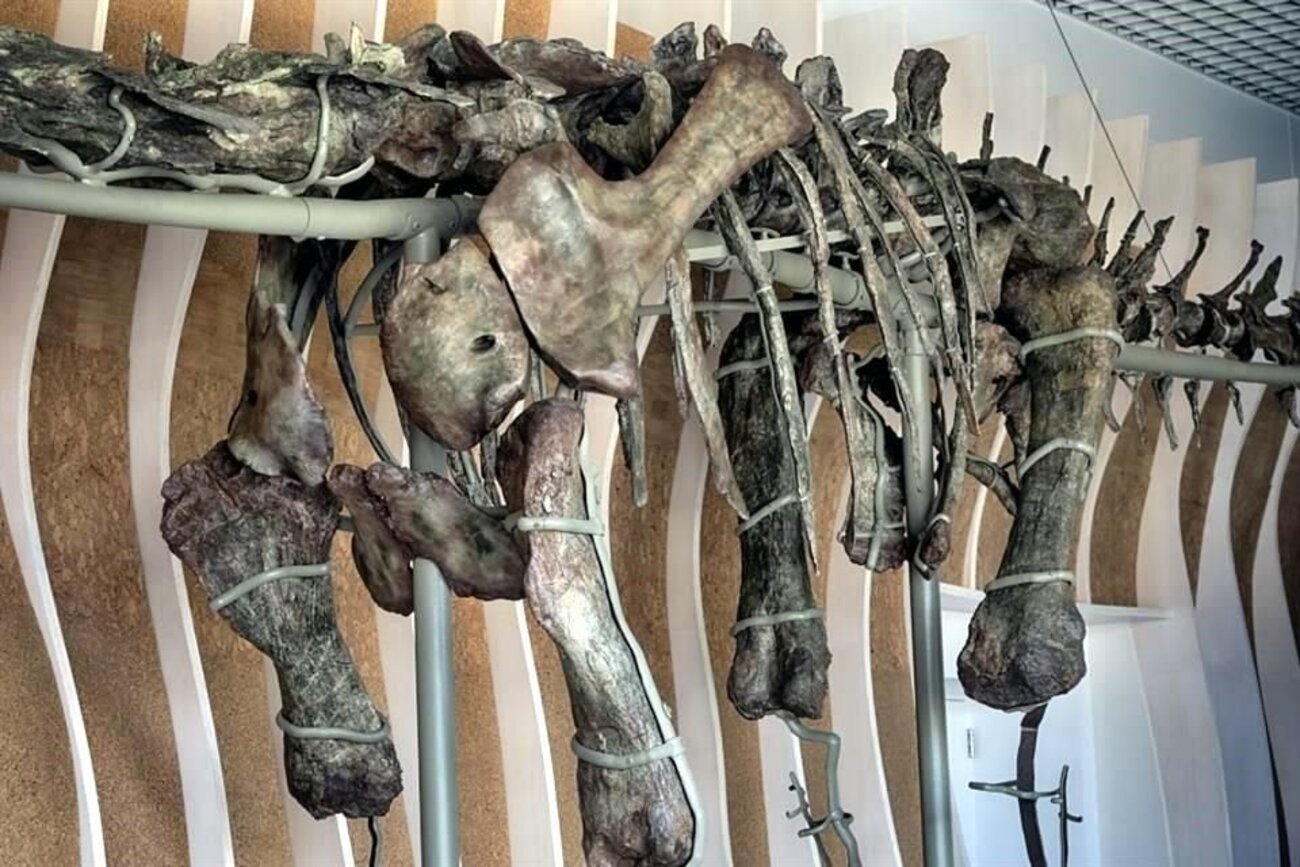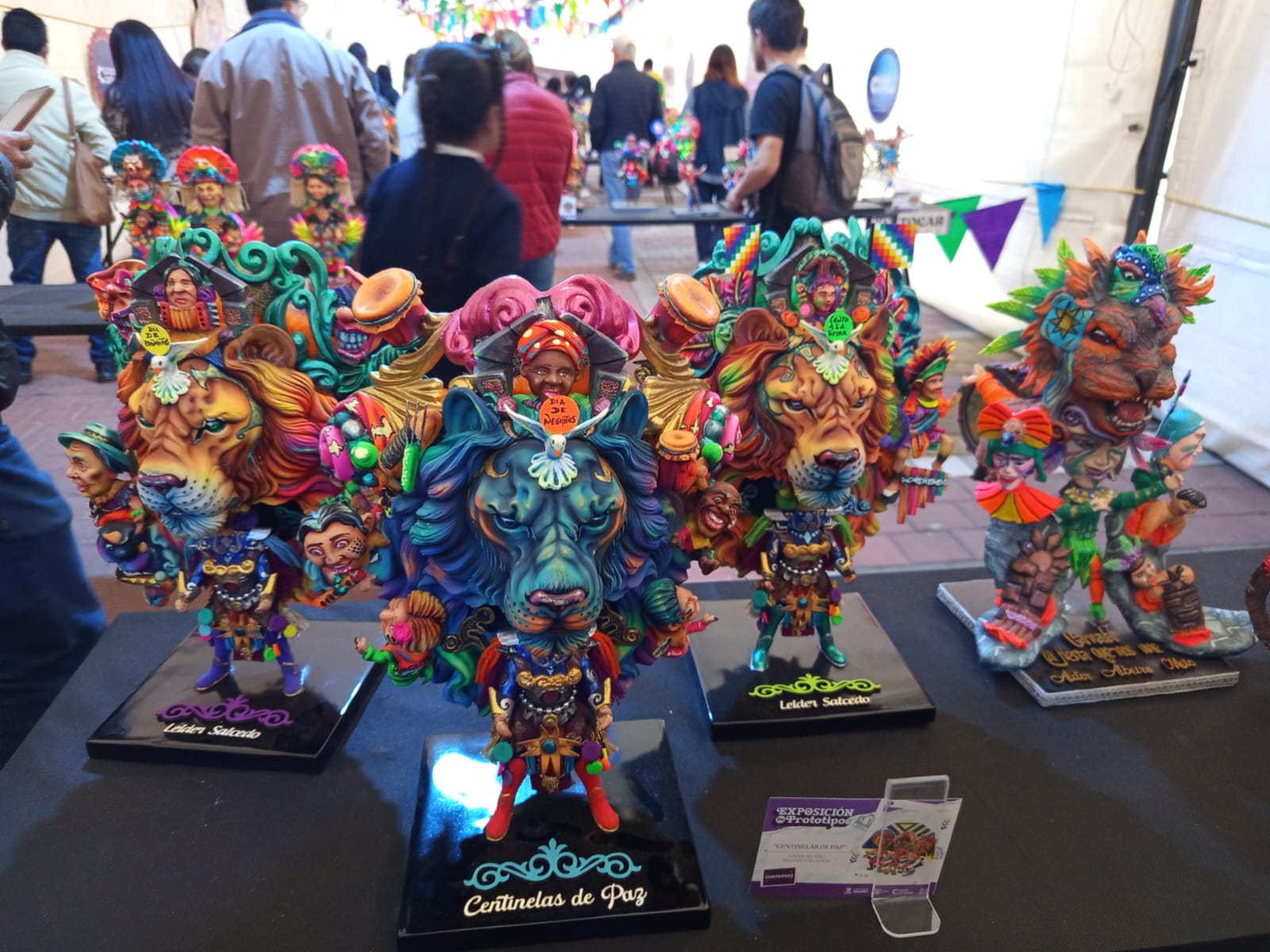
Saving our planet is also good for business
The warnings of climate change have gone from a worrisome, well-into-the-future scenario to the new normal of how we live our lives. According to NASA, “Effects that scientists had predicted in the past would result from global climate change are now occurring: loss of sea ice, accelerated sea level rise and longer, more intense heat waves.”
The devastation brought on by Hurricanes Irma and Maria in 2017 and by Hurricane Michael in 2018 is still being felt today by thousands of people who lost not only their homes but their livelihoods. Non-human life forms are also suffering. According to the Center for Biological Diversity, “We're currently experiencing the worst spate of species die-offs since the loss of the dinosaurs 65 million years ago.” As our forests and natural habitats continue to be cut back, more and more wildlife and plant life will be impacted.
We are starting to see the emergence of green solutions as a profitable business model, as entrepreneurs create companies that bring the fulfillment of consumers’ sustainable wish list to market. One such company made big financial headlines last month: Beyond Meat, which produces plant-based meat substitutes, went public and according to Market Watch, “It extended gains to close its first day at $65.75, or 163% above its IPO price, making it the best performing first-day IPO in nearly two decades.”
Sustainable Brands, an international organization focused on the advancement of sustainable practices, unveiled an eco-conscious effort during their annual conference in Detroit, Michigan, in June.
The initiative Brands for Good, is a response to the growing consumer demand for companies that deliver a stronger connection to people and planet.
Companies like PepsiCo, Visa, and National Geographic “will use their marketing muscles to create an increasingly positive impact in their customers’ lives, by inspiring them to adopt sustainable lifestyles and living the Good Life through choosing better brands,” said Tamay Kiper of Sustainable Brands and Project Lead for the initiative.
The opportunity to make sustainability a business model offers a good value proposition for startups as well, many of which are emerging in cities across the U.S. A few Michigan-based, minority and woman-owned operations which participated in various panels at Sustainable Brands 2019 are finding growth opportunity and garnering a fair amount of goodwill. They include:
- Genusee – A company that creates eyewear from recycled water bottles. The company got off the ground by raising close to $100,000 through crowdfunding. Each pair of glasses upcycles 15 water bottles.
- WOO – A luxury home and personal care brand that creates sustainability through up-cycling glass bottles in the creation of aromatic candles. Founder Saskia de Knegt is seeking to close the value circle through fair sourcing from local artisans to delivering a sustainable product to the final consumer.
- Detroit Blows - A beauty salon that offers styling for women with all types of hair. It uses only non-toxic products that are eco-friendly.
According to a recent study by Nielsen, the demand for sustainable products has grown at an accelerated clip over the past five years.
Prior to 2013, only 20% of S&P 500 companies were open about their Environmental, Social and Governance (ESG) information. Fast forward to 2018, and now 85% of S&P 500 companies were transparent about their ESG.
According to Nielsen, this trend is seen across generations, with millennials indexing the highest with 85% responding that it is “extremely” or “very” important that companies implement programs to improve the environment.
The sustainability movement has given way to jobs and titles that were scarce or non-existent over a decade ago, such as Environmental Sustainability Leader at Fifth Third Bank, Global Sustainability Specialist at Ford Motor Company, Sustainability Director at 3M and “Especialista en Medio Ambiente” at Driscolls.
CONTENIDO RELACIONADO
It is also actively supporting the companies of tomorrow through accelerator and incubator programs that invest in leaders and companies. One such organization, Echoing Green, just released their 2019 Talent Report, a list of highly promising leaders with the potential to usher in change. The report includes Marissa Cuevas from Mexico, whose company MicroTERRA is focused on implementing a process to clean water used in agriculture.
Greentown Labs, a clean technology incubator located in Massachusetts, is currently accepting applications for the Circularity Challenge which is carried out in partnership with BASF, a global chemistry sustainability company. The Circularity Challenge is a pipeline for innovative startups creating viable solutions in the plastics, energy storage, and recycling value chains. Deadline for applications is August 30, 2019.
The Association for the Advancement of Sustainability in Higher Education (AASHE) is driving change by offering resources to university staff and students in adopting sustainable measures and practices as well as shaping the curriculum. Founded in 2005, AASHE works with members in 48 U.S. states.
Job placement firms have also carved a specialty in the sustainability space by focusing on hiring and placing talent in areas such as renewable energy and technology.
Adopting eco-friendly practices does not need to be an all or nothing proposition. It can start with small adjustments like reducing single-use serving ware — plastic plates, cups, and forks — in the break room.
Many cities and trade organizations are creating recycling and waste reduction best practices guides. When in doubt, seek out the guidance of an environmental consultant.
Transitioning from a use-and-dispose model to a more circular economy can be achieved almost immediately in our everyday behavior, and while the complexities increase across business and government sectors, the right choice is clear: whether in small or big steps, it is time to choose our environment.










DEJE UN COMENTARIO:
¡Únete a la discusión! Deja un comentario.